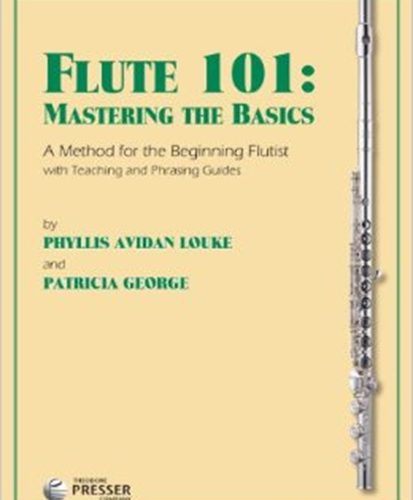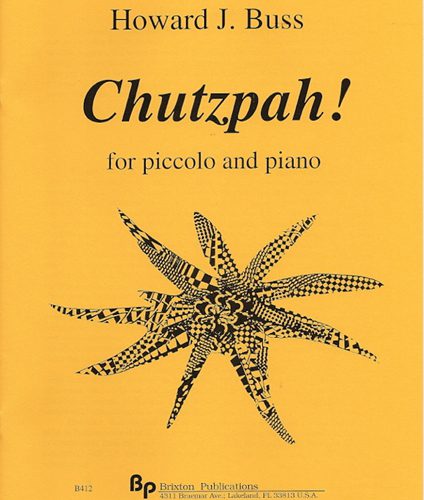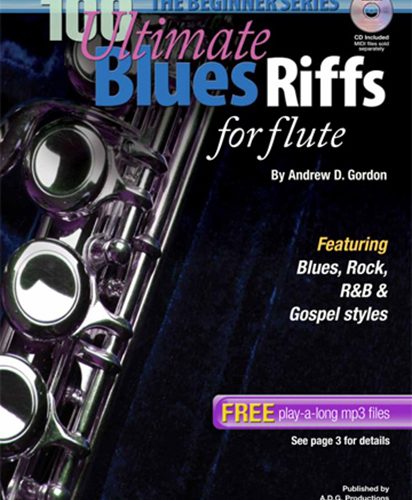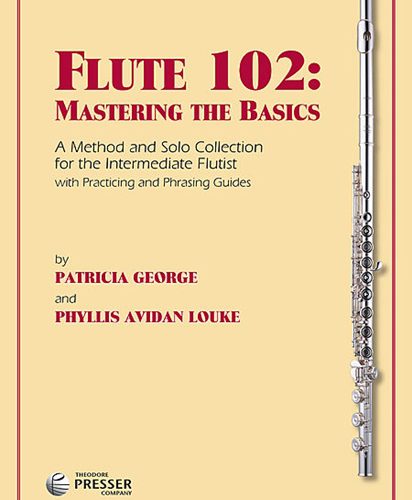Whether you are looking to diversify your practice routine, add more 20th and 21st-century music to your repertoire list, or develop new ways to teach the wide range of extended techniques on the flute, we have resources here for you! Throughout this book you will find descriptions, practice techniques, standard notation, troubleshooting ideas, and etudes covering fourteen of the most common types of extended techniques.
While mastering extended techniques will allow you to explore the full range of flute repertoire from the 1950s through present day, the practice of extended techniques also provides excellent benefits to traditional flute playing and musicianship skills. These benefits include a more refined and open tone, greater projection, improved air support, overall endurance, and refinement of ear training skills. Study of these etudes and an understanding of the outlined practice techniques can equally improve your performance and interpretation of Bach, Mozart, and Chaminade as well as Ian Clarke, George Crumb, and Jennifer Higdon.
Like any developing flute skill, it is best to practice these techniques using scales, technical exercises, tone exercises, and etudes before jumping into pieces that use their most advanced forms. In addition to working on the etudes in this book, I recommend applying all of these techniques to daily practice of traditional tone and technique books such as Taffanel and Gaubert’s 17 Daily Exercises or Moyse’s De la Sonorité. Use these exercises as building blocks paired with the etudes in this book, and you will simultaneously improve your flute fundamentals while gaining the essential skills to tackle standards of the flute repertoire from the past 70 years.








